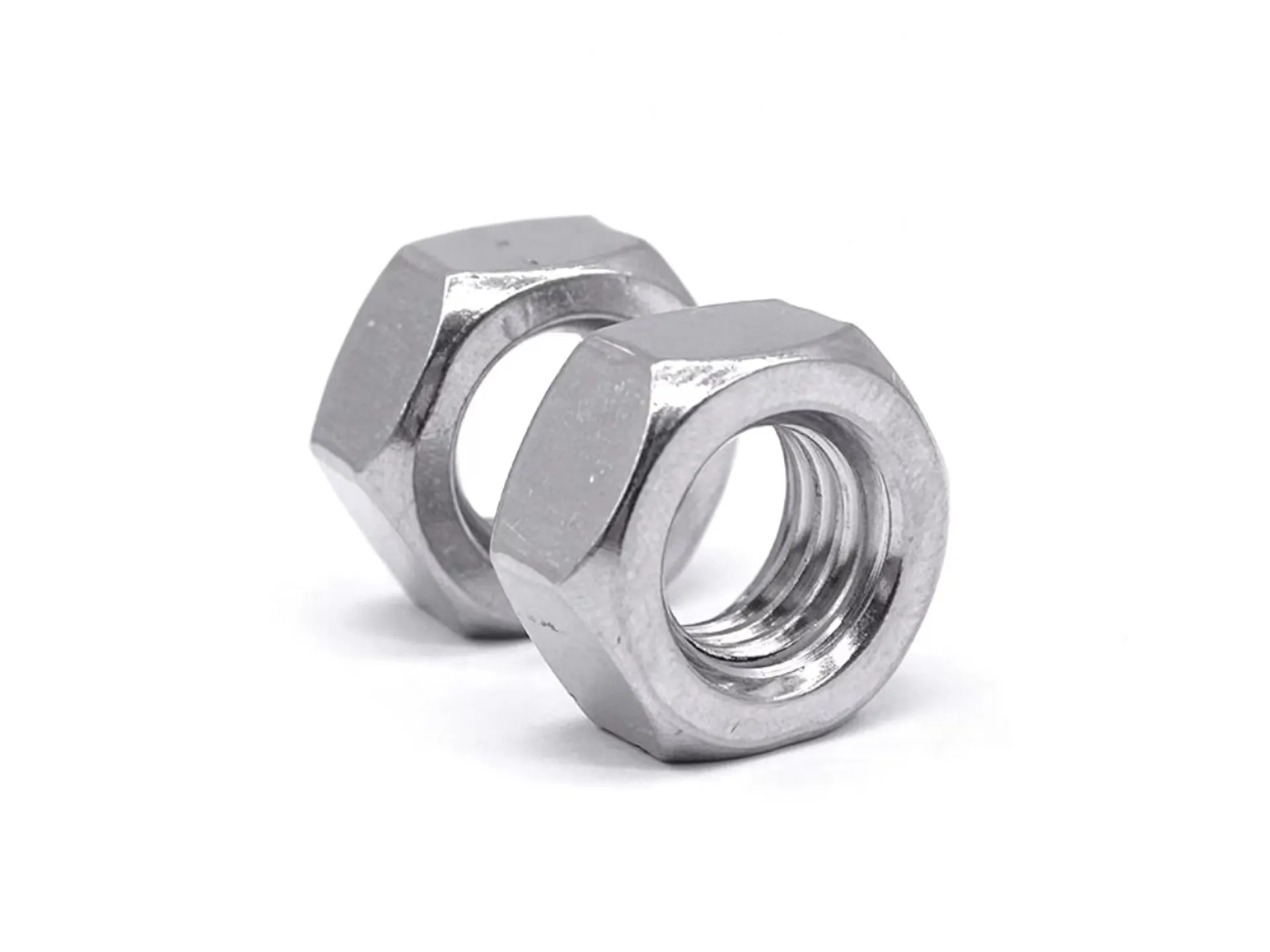

m12 1.25 flange nut
Dec . 04, 2024 18:32 Back to list
m12 1.25 flange nut
Understanding the M12 1.25 Flange Nut A Comprehensive Guide
In the world of mechanical engineering and construction, the importance of fastening components cannot be overstated. Among various types of fasteners, the M12 1.25 flange nut plays a crucial role. This article aims to delve into the specifics of the M12 1.25 flange nut, its applications, advantages, and considerations for selection.
What is an M12 1.25 Flange Nut?
The M12 1.25 flange nut is a type of hex nut that is commonly used in conjunction with M12 bolts and screws. The M denotes that it is a metric fastener, and the number 12 indicates that the nut has an internal thread diameter of 12 millimeters. The 1.25 refers to the pitch of the threads, meaning that there is a distance of 1.25 millimeters between adjacent threads. The flange on the nut serves as a built-in washer, distributing the load over a larger surface area and helping to prevent damage to the surfaces being fastened.
Key Characteristics
1. Material and Coating M12 1.25 flange nuts are typically made from steel, stainless steel, or other alloys. The choice of material is essential, particularly in environments that expose fasteners to corrosive elements. Common coatings include zinc plating or black oxide, which enhance the nut’s resistance to corrosion.
2. Size and Dimensions The dimensions of an M12 flange nut adhere to standardized measurements, making them compatible with a variety of M12 bolts and screws. Usually, the height of the nut and the size of the flange vary according to manufacturer specifications, but they generally conform to industry standards.
3. Load Distribution One of the primary advantages of using a flange nut is the load distribution feature provided by the flange. It reduces the risk of pulling through softer materials, thus enhancing the integrity of the joint.
4. Ease of Use The flange design allows for easier installation as it can sit flat against the surface, making it easier to apply torque without the need for a separate washer.
Advantages of M12 1
.25 Flange Nuts1. Reduced Risk of Damage The wider surface area of the flange minimizes the risk of surface damage during installation, which is particularly important when working with softer materials.
2. Prevention of Loosening Flange nuts can help prevent loosening due to vibrations, making them an excellent choice in applications where vibration is a concern.
m12 1.25 flange nut

3. Versatility These nuts are versatile and can be used in various applications, including automotive, construction, and machinery assemblies.
4. Efficiency Utilizing a flange nut can save time during assembly, as it eliminates the need for additional washers, speeding up the fastening process.
Applications
M12 1.25 flange nuts are widely used in automotive assembly, machinery construction, and general manufacturing. They are particularly popular in applications where space is limited or where a lower profile fastener is required. Moreover, these nuts are often employed in structural applications, where a secure and stable connection is paramount.
Considerations for Selection
When selecting an M12 1.25 flange nut, several factors should be considered
1. Material Choose a material that suits the environmental conditions of your application. For outdoor use or in corrosive environments, stainless steel may be the best option.
2. Thread Compatibility Ensure the nut’s thread pitch matches that of the bolt it will be used with, as mismatched threads can lead to failure of the joint.
3. Torque Specifications Understand the torque requirements of your application to prevent overtightening, which can damage components or lead to nut failure.
4. Standards Compliance Opt for nuts that meet relevant standards for quality and performance, such as ISO or ASTM regulations, to ensure reliability and safety.
Conclusion
In conclusion, the M12 1.25 flange nut is an essential fastener in various applications, offering numerous advantages such as load distribution, reduced damage risk, and ease of use. Understanding the characteristics and proper selection of this fastener can significantly contribute to the success of engineering projects and the longevity of constructed assemblies. Whether you are an engineer, contractor, or DIY enthusiast, being informed about the M12 1.25 flange nut will enhance your ability to choose the right fastening solution for your needs.
Latest news
-
High-Strength Hot Dip Galvanized Bolts - Hebei Longze | Corrosion Resistance, Customization
NewsJul.30,2025
-
Hot Dip Galvanized Bolts-Hebei Longze|Corrosion Resistance&High Strength
NewsJul.30,2025
-
High-Strength Hot-Dip Galvanized Bolts-Hebei Longze|Corrosion Resistance&High Strength
NewsJul.30,2025
-
Hot Dip Galvanized Bolts-Hebei Longze|Corrosion Resistance&High Strength
NewsJul.30,2025
-
Hot Dip Galvanized Bolts - Hebei Longze | Corrosion Resistance, High Strength
NewsJul.30,2025
-
High-Strength Hot Dip Galvanized Bolts-Hebei Longze|Corrosion Resistance, Grade 8.8
NewsJul.30,2025

